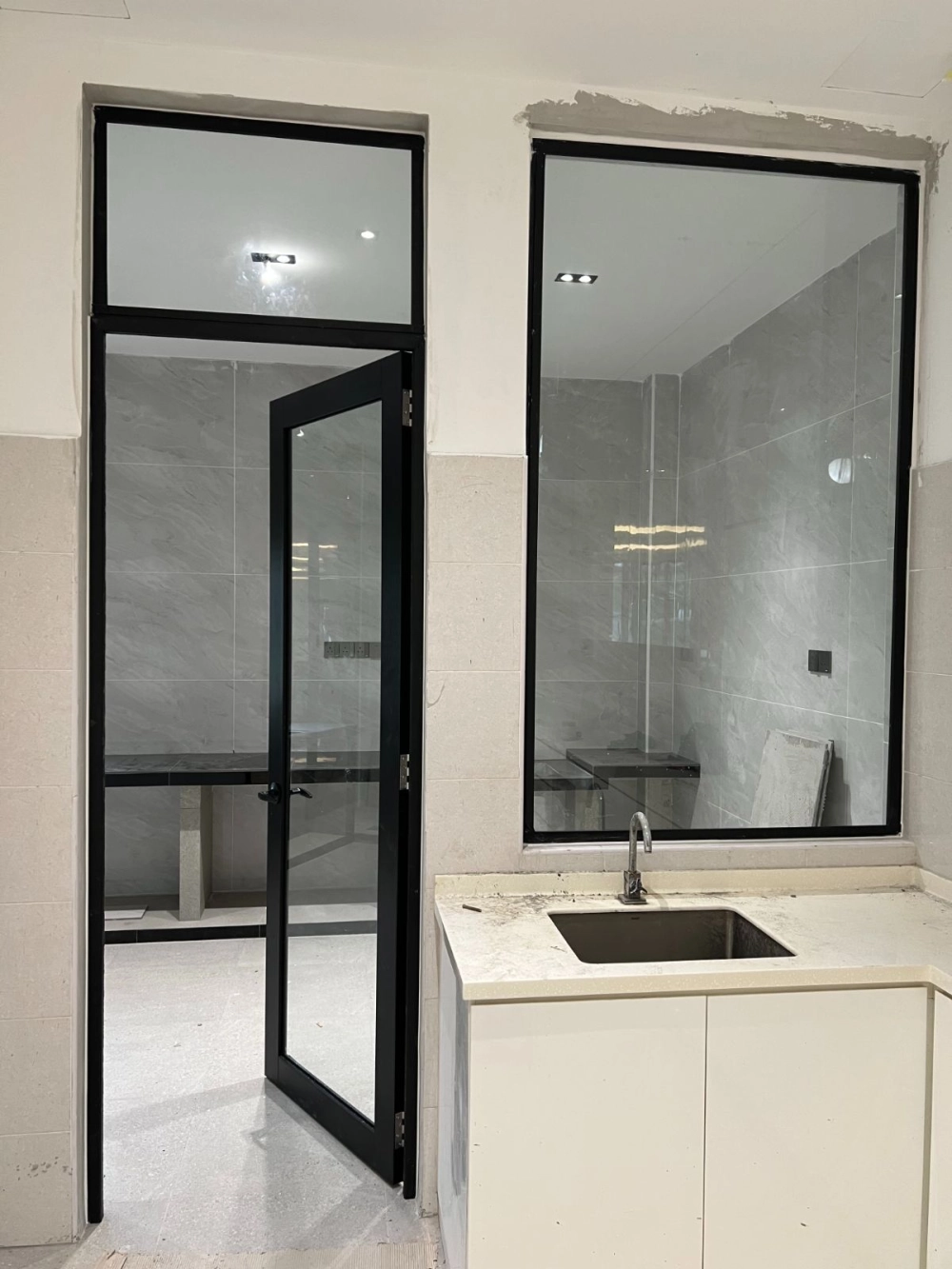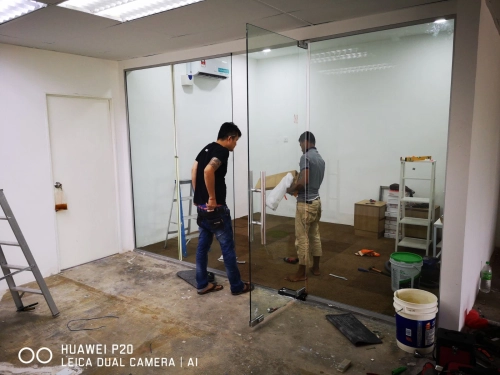Strength and Durability
Tempered glass is several times stronger than regular annealed glass. It is designed to withstand higher levels of impact and mechanical stress, reducing the risk of breakage.
Safety
One of the main advantages of tempered glass is its safety features. When tempered glass does break, it shatters into small, rounded pieces (known as "dice"), which are less likely to cause serious injuries compared to the sharp, jagged shards of regular glass.
Heat Resistance
Tempered glass is more heat-resistant than regular glass. It can withstand rapid temperature changes without cracking or breaking, making it suitable for applications where temperature fluctuations are common.
Uniformity
Tempered glass undergoes a specific heat treatment process that imparts uniform stress distribution throughout the glass. This contributes to its strength and resistance to breakage.
Code Compliance
Tempered glass is often required by building codes and safety regulations for certain applications, such as in doors, windows, shower enclosures, and balconies.
Energy Efficiency
Tempered glass can contribute to energy efficiency in buildings by providing insulation and reducing the transfer of heat and cold.
Enhanced Sound Insulation
Tempered glass can provide improved sound insulation compared to regular glass, helping to reduce noise transmission between spaces.
Aesthetic Appeal
Tempered glass can be used in various design applications due to its sleek and modern appearance. It is often used in architectural elements to create transparent and light-filled spaces.
Inquiry - Tempered Glass










